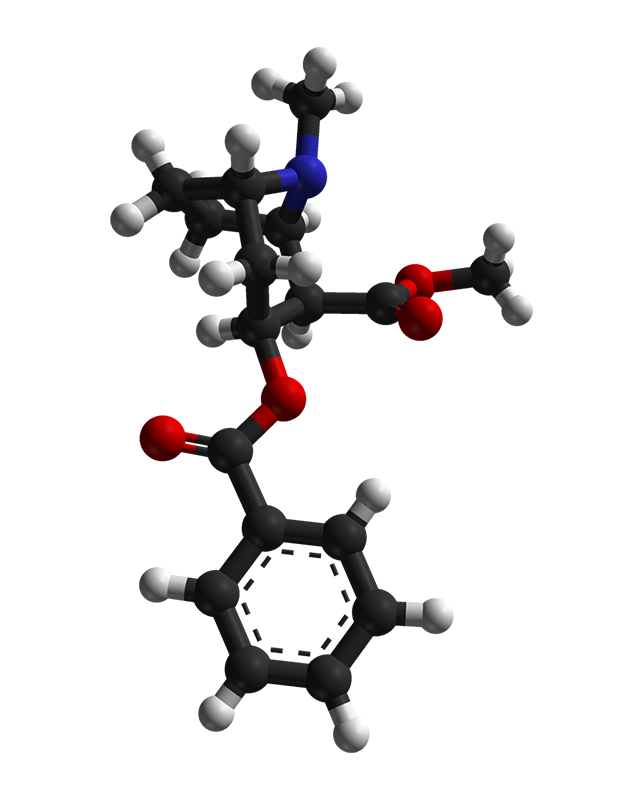
What happens if you mix cocaine with other drugs?
Taking cocaine with other drugs can increase the risk of an overdose.
Cocaine and opioids
Taking cocaine with other drugs can increase the risk of an overdose or other harmful effects, especially if the other drugs are opioids. Opioid drugs include heroin, oxycodone, and fentanyl. Sometimes people inject cocaine and heroin together in what is called a “speedball.” Taking these drugs together can be risky because cocaine can increase heart rate while heroin can slow breathing in high doses. Since heroin is often adulterated with fentanyl, people may accidentally overdose if they have a low opioid tolerance.
In rare cases, cocaine has been adulterated with fentanyl, a highly potent opioid. In those cases, it would be possible for someone to accidentally overdose if they did not plan to use an opioid or if they have a low opioid tolerance.
Cocaine, alcohol, and stimulants
Sometimes people drink alcohol or take other depressant drugs while taking cocaine. Depressant drugs also include benzodiazepines (like Valium® and Xanax®), sedatives, and tranquilizers. The stimulating effects of cocaine may lead the person to think they are more alert or sober than they are, so it can be easy to drink too much or take a higher dose of a depressant. In high doses, depressants such as Klonopin, alcohol, or Xanax can lead to drowsiness, loss of consciousness, and overdose.
Taking cocaine with other stimulants, like MDMA or methamphetamine, can increase the stimulating effects of these drugs. It can lead to a stimulant overdose, also commonly known as overamping. This term can be used to describe several effects, including high blood pressure, increased heart rate, high body temperature, seizures, stroke, or heart attack. This can be damaging to the heart, brain, and other organs. It can be fatal.


